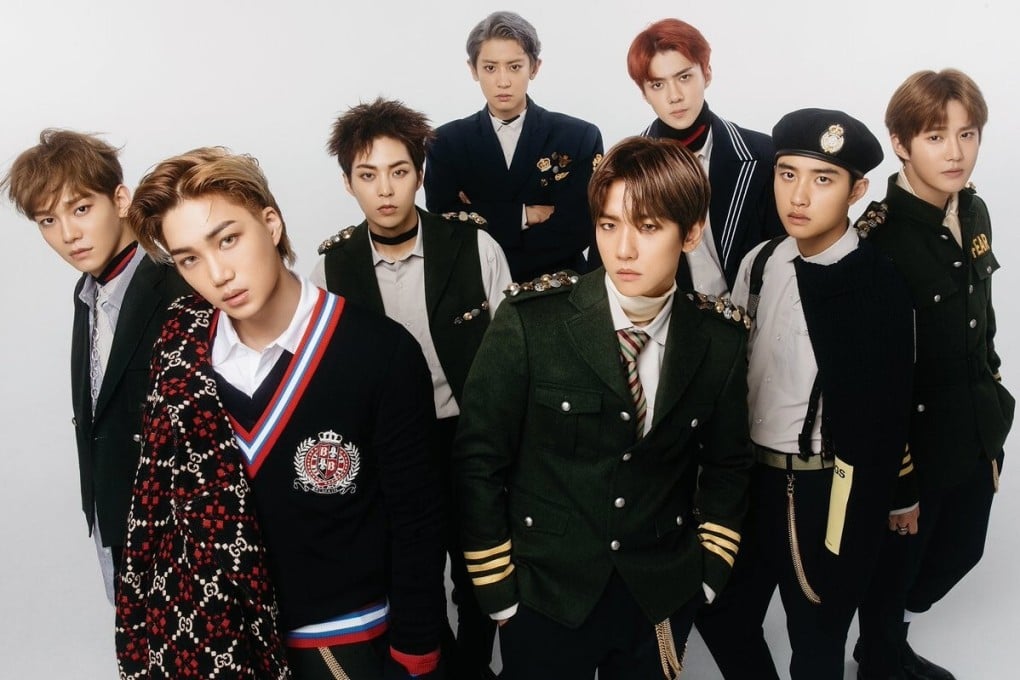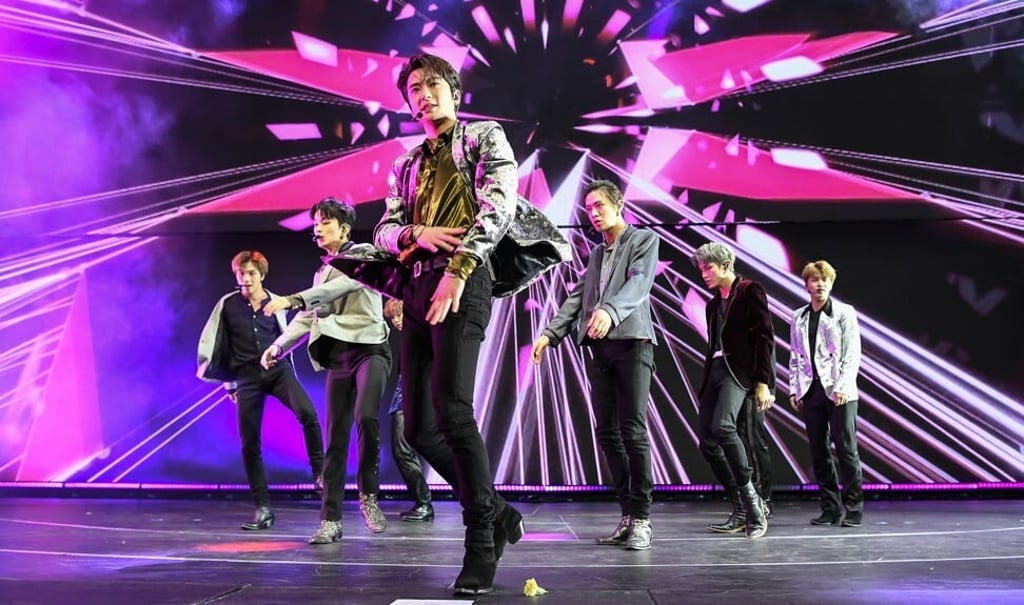Who is really writing K-pop songs? Students among those not getting credit for their work, TV report alleges
- A South Korean TV series alleges that K-pop music executives are among those passing off the work of other people – including students – as their own
- Students in music programmes in universities have also reportedly had their work passed off by professors to entertainment companies

The K-pop song you’re listening to may not have been written by the person paid for writing it, a new report in South Korea alleges.
Saturday’s episode of Unanswered Questions, a television series airing on South Korean broadcaster SBS, investigated multiple issues surrounding K-pop songwriting and ghostwriting. The episode reported that some songwriters have benefited by passing off the work of other people – including students – as their own creative productions.
Unanswered Questions spoke with industry insiders who revealed that producers and A&R (artist and repertoire) executives – the primary figures behind songwriting and musical development at music companies – had been passing off music lyrics by others as their own, gaining copyright credits and money.
Songs coming out of the South Korean music world, most prominently idol-group-produced K-pop songs or ballads featured on K-drama soundtracks, can be immensely lucrative.

Songwriting royalties are often split by the amount of work a songwriter or lyricist has done. Here the work of some songwriters was being ignored or under-represented in the writing credits, resulting in less pay.